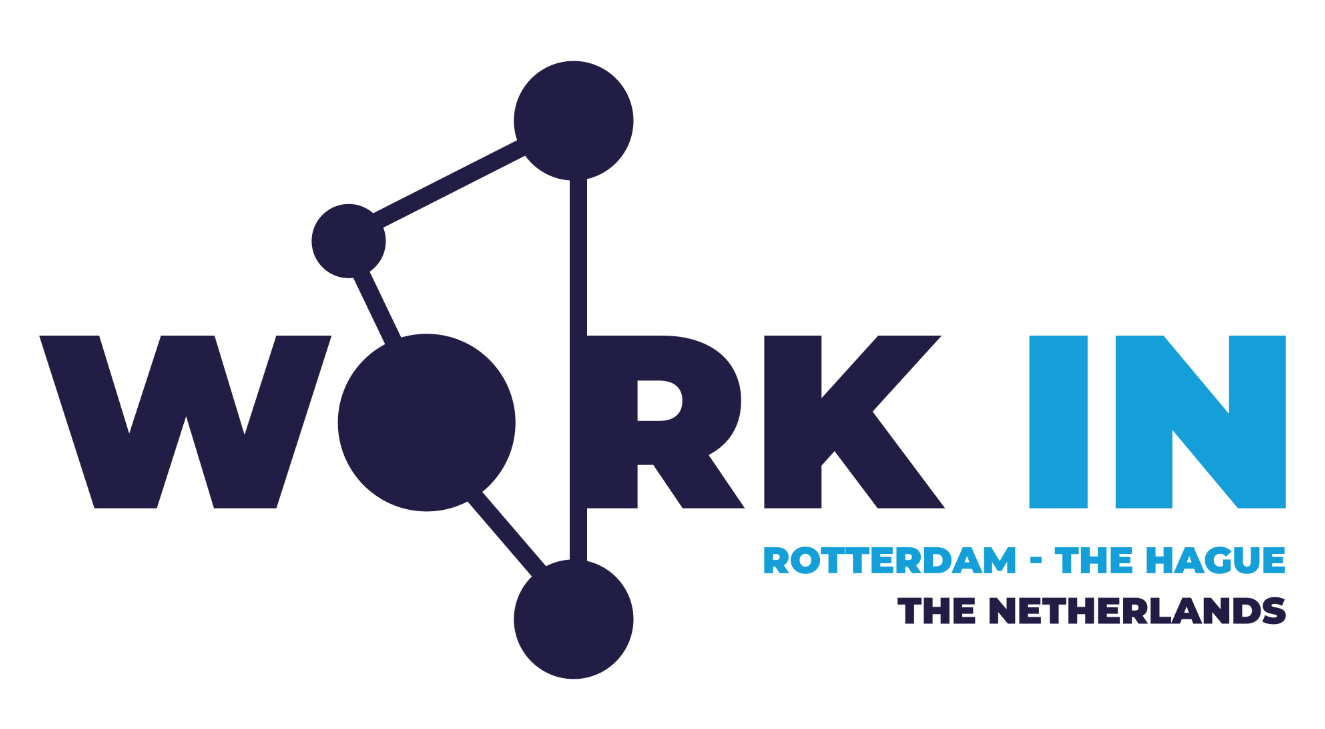Internship - Trust Fund for Victims (Development and Donor Engagement)

International Criminal Court
24091 | Registry
| Organisational Unit: | Trust Fund for Victims |
| Duty Station: | The Hague - NL |
| Contract Duration: | 6 months |
| Deadline for Applications: | 31 December 2025 (midnight The Hague time) |
Due to the volume of applications received, only successful applicants will be contacted by the Court.
Please note that the purpose of this vacancy announcement is to provide hiring managers with a list of suitable candidates from which they may select throughout the year. To this end, candidates are required to specify their availability in the relevant field when applying.
Required Documents for This Application
Please note that you will need to have the following information ready in order to complete your application
- A completed “Duties and Responsibilities Form” (refer to step 1 on your eRecruitment Profile page).
- Motivation letter (maximum of 400 words).
- Two reference letters (one academic).
- Scanned copies of university degrees and/or diplomas.
- Scanned copies of official academic transcripts that state your courses, results and completion date.
- One short essay on a subject relevant to the work of the Court (maximum of 750 words, single-spaced, typewritten).
Contract Duration
Interns are required to work full-time for a period of six months (to be agreed prior to commencement). Internship placements shall not be extended beyond six months.
The starting date of the placement may vary, upon agreement. The Trust Fund for Victims will review applications on an ongoing basis, not after the application deadline.
The Opportunity
The International Criminal Court (ICC) investigates and, where warranted, tries individuals charged with the gravest crimes of concern to the international community: genocide, war crimes, crimes against humanity and crimes of aggression. The Court is participating in the global fight to end impunity, and through international criminal justice, the Court aims to hold those responsible accountable for their crimes and to help prevent the crimes from happening again. You can contribute to this cause by joining the ICC.
Organisational Context
The International Criminal Court (the Court or ICC) is the permanent international court based in The Hague, The Netherlands, established by the Rome Statute in 1998 to investigate and prosecute individuals accused of the crime of genocide, crimes against humanity, war crimes and the crime of aggression. The ICC has jurisdiction over the most serious crimes committed after 1 July 2002, in the territories of States that have acceded or ratified the Rome Statute or by their nationals.
The Trust Fund for Victims (TFV) is provided for by the Rome Statute that established the ICC. Its mandate is to mobilise resources and implement Court-ordered reparations, and other programmes for the benefit of victims of the crimes under the jurisdiction of the ICC. The TFV is governed by a Board of Directors (BoD), appointed by the Assembly of States Parties, and supported by a Secretariat, administratively attached to the Registry of the ICC. The TFV currently has programmes in seven situations under the jurisdiction of the Court and is also implementing programmes responding to four reparation orders issued by ICC judges.
The TFV Secretariat is funded through the regular budget of the Court, sourced through assessed contributions by States Parties. The programmes for the benefit of victims, be Court-ordered reparation programmes or other programmes decided by the Board of Directors in situations under the jurisdiction of the ICC, are funded, inter alia, through public and private contributions.
Duties and Responsibilities
Under the supervision of the External Affairs Coordinator, the intern will provide support in the following areas:
- Assist in drafting, formatting, and proofreading concept notes, project proposals, donor agreements, and institutional reports;
- Support the preparation of written communications for internal and external stakeholders;
- Conduct research on donor policies and priorities;
- Assist in analysing funding trends;
- Help track and evaluate resource mobilisation activities to ensure alignment with organisational goals.
- Assist in the planning and organisation of events aimed at raising the profile of the TFV.
Required Qualifications
Education:
All Candidates must have a degree in Political Science, International Relations, Law, Social Sciences, Public Administration, or any related field. Candidates may also be in the final stages of their studies at a recognised university and are expected to have a very good academic record.
Experience:
Internship placements focus on candidates in the early stages of their professional careers. Practical experience is not an essential prerequisite for selection. Should there be a practical experience that is relevant to the work of the Court, it may be considered an asset. However, such working experience should not exceed 3 (three) years.
Knowledge, Skills and Abilities:
Strong research and analytical skills, with the ability to synthesised complex information clearly and concisely.
Excellent written and verbal communication skills;
Proficiency in Microsoft Office applications (Word, Excel, PowerPoint); familiarity with SharePoint is desirable.
Experience with Adobe Creative Suite and Canva is an asset.
Demonstrated ability to work effectively in a multicultural and multilingual environment.
Strong interpersonal and teamwork skills; proactive communicator and collaborator.
Experience with social media and digital communication tools is considered an advantage.
Ability to manage multiple tasks and meet deadlines with attention to detail.
Knowledge of Languages:
Proficiency in one of the working languages of the Court, French or English, is required. Working knowledge of the other is desirable. Knowledge of another official language of the Court (Arabic, Chinese, Russian and Spanish) is an asset.
Other criteria:
It is the Court’s objective to have diversity and gender balance. In line with the ICC’s efforts to improve geographical representation among its staff, nationals of non-represented and under-represented countries at the ICC are encouraged to apply. The list can be found here.
Remuneration
Please note that internship and visiting professional placements at the ICC are unfunded. The ICC is not able to provide participants in the Internship and Visiting Professional Programme with any remuneration, nor is it possible to provide reimbursement for expenses incurred prior to, during or after the internship or visiting professional placement.
Applicants must therefore be able to support themselves for the entire duration of their internship or visiting professional placement.

